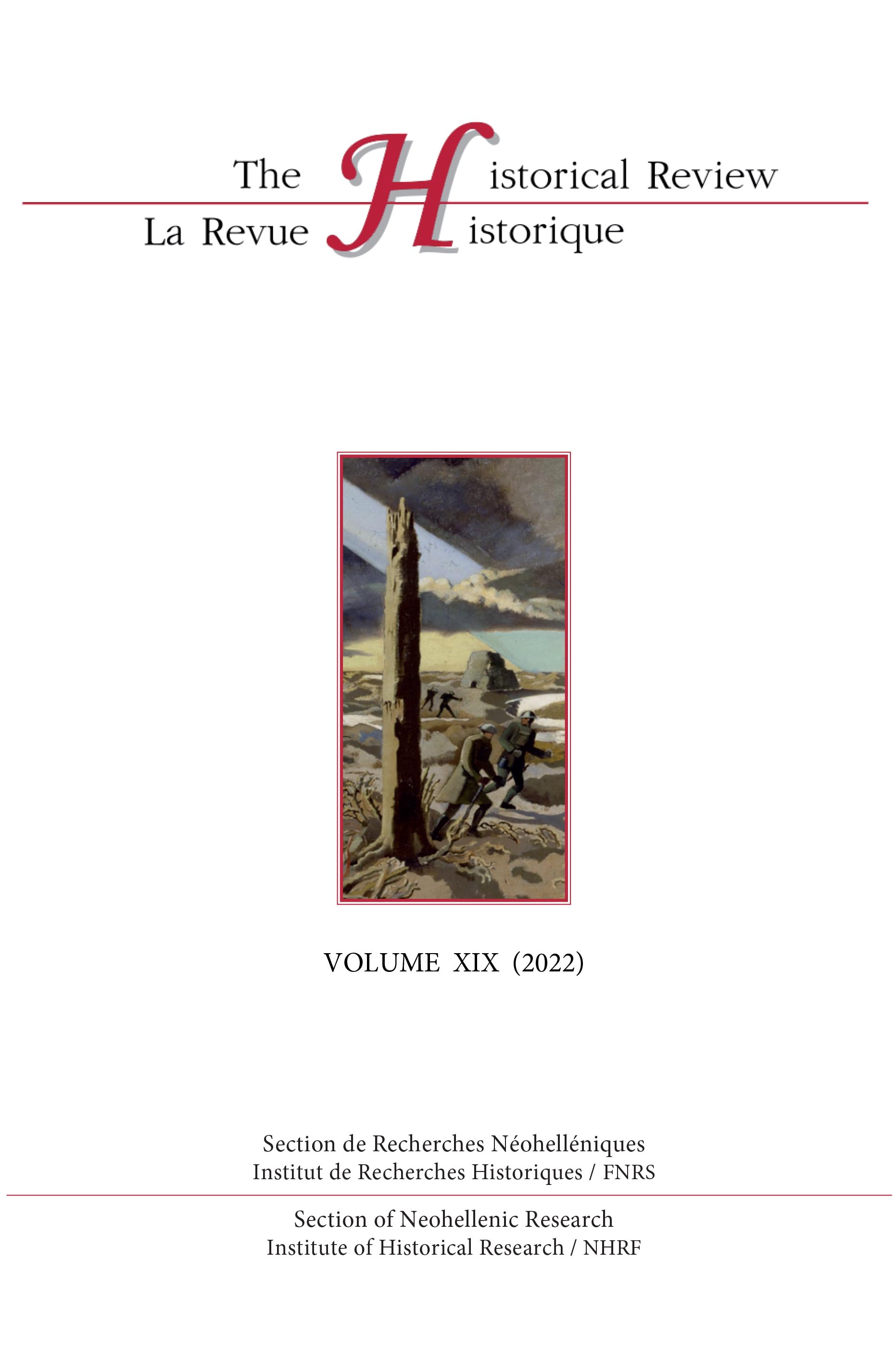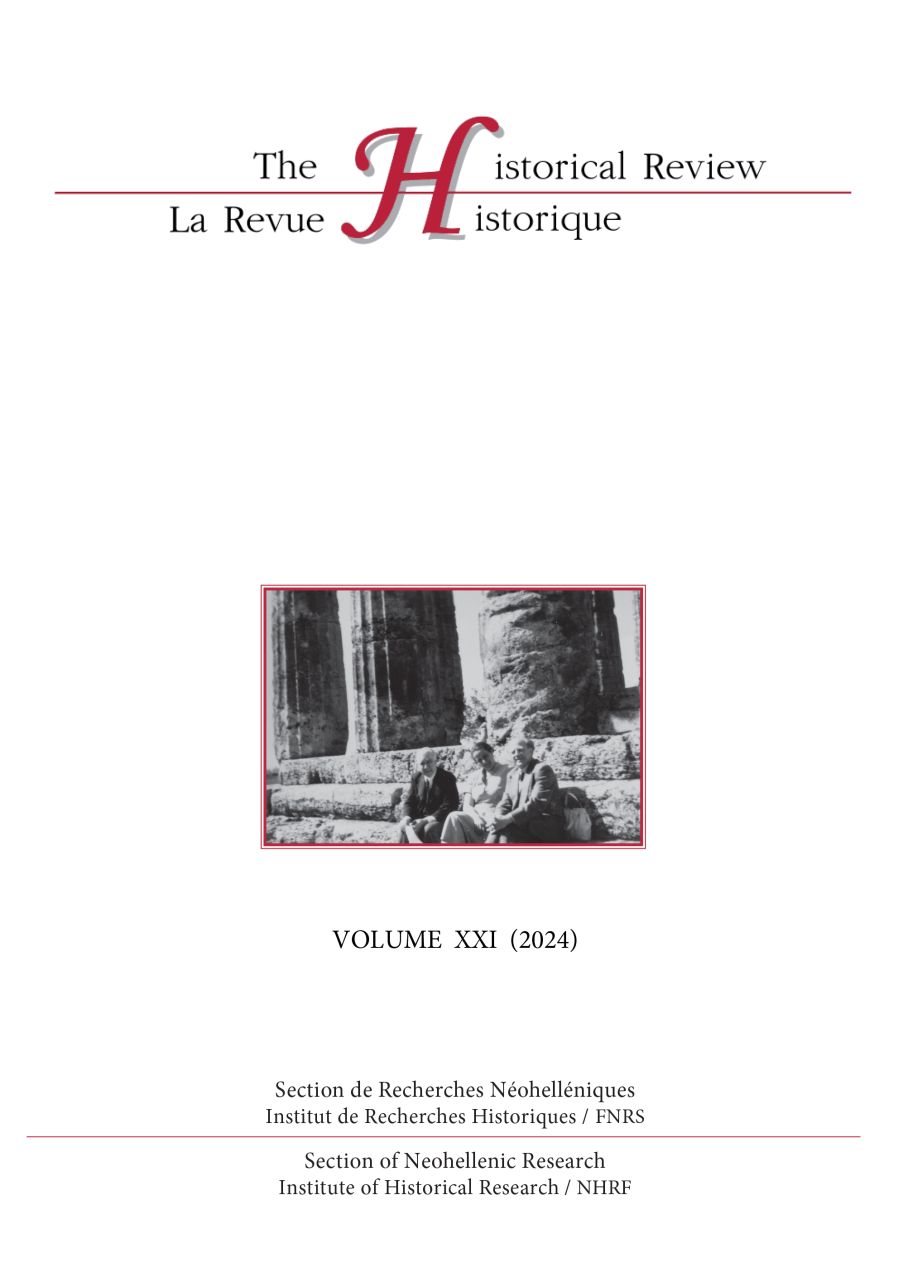The University as a Punisher: Control Mechanisms and Disciplinary Practices. The Disciplinary Board of the University of Athens (1911–1940)
Abstract
This article investigates the control mechanisms and practices of youth
discipline in the twentieth century through the example of the archives of the University
of Athens Disciplinary Board (1911–1940). The research extends from the introduction of
the institution’s first set of regulations and the creation of the disciplinary board in 1911
up to 1940 and the beginning of World War II. The article starts with the assumption
that control mechanisms and discipline practices do not remain constant over time; they
change according to the spatial and temporal framework and the needs they serve at any
given time. The basic working hypothesis is that their functioning and application within
an educational institution are directly related to the behavioural patterns and values that
the institution cultivated during its historical trajectory as well as to the complex and
increasingly changing landscape of Greek society in the interwar period until 1940. At the
same time, a comparison is attempted with similar examples to investigate the correlation
between the disciplinary policy of the University of Athens and European and American
universities.
Article Details
- How to Cite
-
Christodoulou, A., Gkonis, V., & Karamanolakis, V. (2023). The University as a Punisher: Control Mechanisms and Disciplinary Practices. The Disciplinary Board of the University of Athens (1911–1940). The Historical Review/La Revue Historique, 19(1), 229–257. Retrieved from https://ejournals.epublishing.ekt.gr/index.php/historicalReview/article/view/35062
- Section
- Articles

This work is licensed under a Creative Commons Attribution-NonCommercial-ShareAlike 4.0 International License.
The copyright for articles in this journal is retained by the author(s), with first publication rights granted to the journal. By virtue of their appearance in this open access journal, articles are free to use with proper attribution in educational and other non-commercial sectors. The Historical Review/La Revue Historique retains the right to publish papers that appear in the journal in collective volumes published by the Institute for Neohellenic Research/National Hellenic Research Foundation.
Sample acknowledgement: Reprinted with permission from the author. Original publication in the The Historical Review/La Revue Historique www.historicalreview.org
This work is licensed under a Creative Commons Attribution-NonCommercial-ShareAlike 4.0 Greece License. To view a copy of this license, visit http://creativecommons.org/licenses/by-nc-sa/4.0/ or send a letter to Creative Commons, 543 Howard Street, 5th Floor, San Francisco, California, 94105, USA




